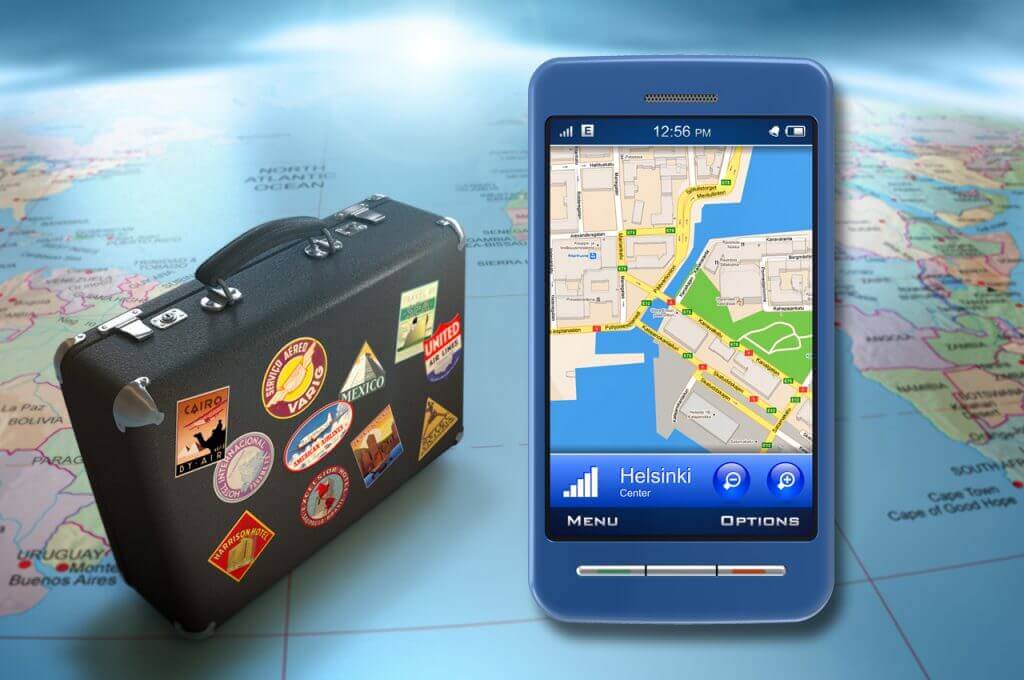
Travel booking websites like Airbnb, Priceline, and Booking.com continue to rise in popularity as budget-conscious consumers attempt to save as much as possible on their holidays.
These companies rely on different tactics to attract consumers and get them interested in using their services. However, they all share similar patterns and are mostly used with one purpose in mind: to save money.
Airbnb and the sharing economy
Disrupting the hospitality market was something that few people could have seen coming. The hotel industry has traditionally been very strong and resistant to change but Airbnb has now changed all of that.
People from across 190 countries list their properties on Airbnb. The entire company and its business model are based on the concept of the sharing economy. This concept is based on the idea that people can offer their own things to other people.
That, of course, is an oversimplification of the term. In this case, however, it refers to the fact that people can now rent unused spaces in their homes in order to make money. In turn, consumers can now find much more affordable travel accommodation with a friendlier and more personal approach.
Of course, to accommodate such as ginormous undertaking, Airbnb has an impressive technology stack that includes dozens upon dozens of different services which handle marketing, sales, financial transactions, and more, not to mention a very sophisticated search engine that usually delivers what people are truly looking for.
Metasearch and finding the right deals
Unlike Airbnb, companies like Priceline and Booking.com act more as aggregators than anything else. Booking.com uses what is called a metasearch engine. Essentially, it leverages exiting search engines, aggregates their data, applies its own filters, and presents the world with a number of holiday deals.




